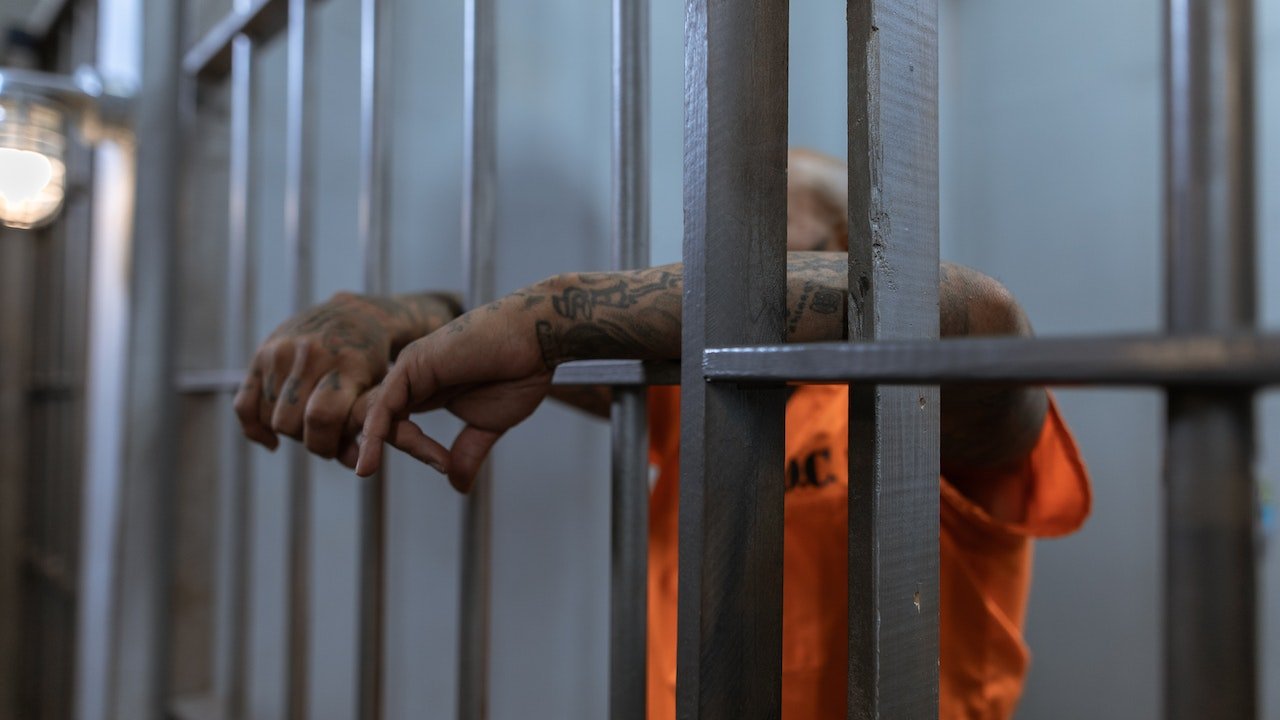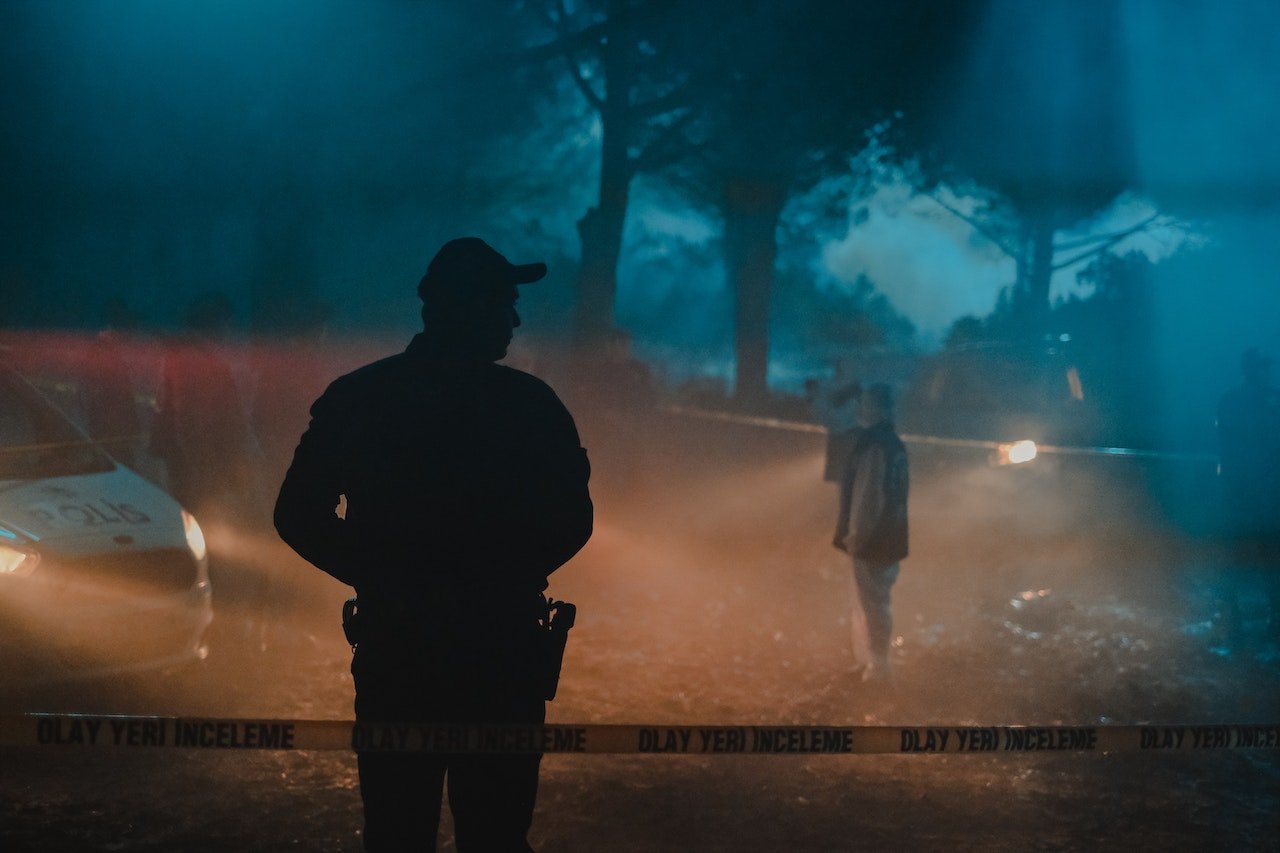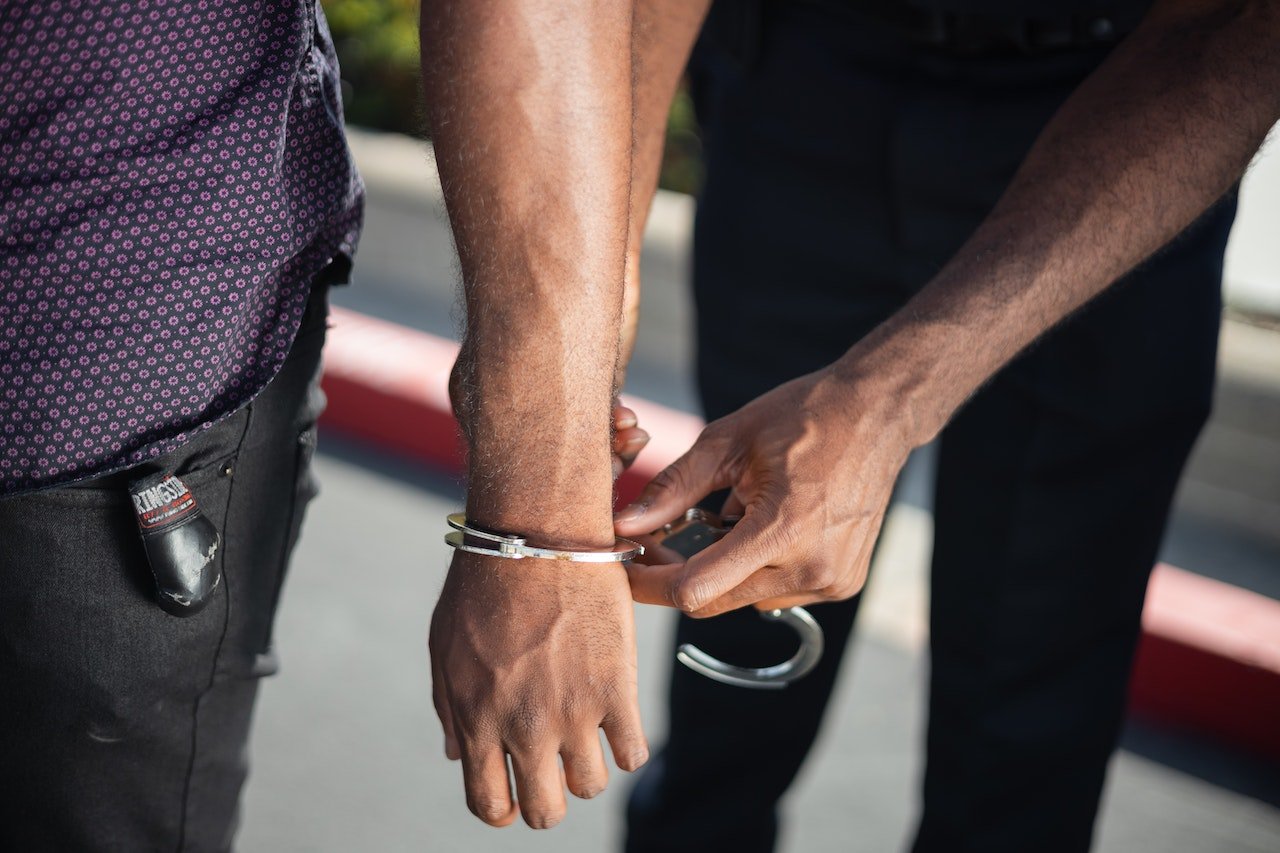The Impact of Social Media on Criminal Trials 2023


Social media has a significant impact on many facets of our life in the modern digital age, including the judicial system. Social media platforms have completely changed how information is exchanged and distributed, creating both opportunities and obstacles for legal proceedings. This article examines how social media affects criminal trials, focusing on how it affects jury selection, evidence presentation, witness credibility, privacy concerns, and the general atmosphere of the courtroom.
Criminal trials are essential to upholding justice and establishing an accused person’s guilt or innocence. Social media websites like Facebook, Twitter, and Instagram have gained enormous popularity, and they now hold the potential to revolutionize the legal industry. The influence of social media on criminal trials is a complex phenomenon that affects many different facets of the judicial system.
Contents
- 1 A History of Social Media
- 2 The Impact of Social Media on Jury Selection
- 3 Using Social Media as a Source of Proof
- 4 Social Media Evidence Challenges
- 5 Effect on the Credibility of Witnesses
- 6 Ethical Considerations and privacy issues
- 7 The Evolution of the Courtroom in the Digital Era
- 8 Conclusion
- 9 FAQs
A History of Social Media

Social media has developed over time from a simple tool for communication to a potent platform for knowledge exchange, the expression of opinions, and interaction with people around the world. The way we communicate and exchange information has changed as a result of social media platforms’ accessibility, anonymity, and quick connectedness.
The Impact of Social Media on Jury Selection
In criminal cases, the jury selection process is crucial since it selects the people who will decide the destiny of the defendant. Social media networks make it possible for lawyers to obtain a lot of personal information about prospective jurors, potentially influencing the selection process. Lawyers can examine the online profiles of potential jurors to find any prejudices, allegiances, or ideas that can compromise their objectivity.
Using Social Media as a Source of Proof
The use of social media platforms as a source of evidence in criminal trials has exploded. Social media posts, images, videos, and location tags may contain vital information that either supports or refutes the claims of the prosecution or defense. Social media is now used by law enforcement, attorneys, and investigators as a reliable information source throughout the investigation stage of a criminal prosecution.
Read More: The Different Types of Criminal Offenses and Their Penalties 2023
Social Media Evidence Challenges
Social media raises issues for the legal system even if it can be a useful source of evidence. Social media content’s legitimacy and admissibility can be questioned because it is so simple to change or fabricate. Additionally, privacy controls, post deletions, and the challenge of keeping online content safe.
Effect on the Credibility of Witnesses
The reliability of witnesses in criminal trials cases could be impacted by social media. The use of social media by witnesses might be closely examined by attorneys to look for discrepancies or inconsistencies that might invalidate their testimony. Conversely, social media posts made by witnesses can also be utilized to bolster their credibility by adding more context or corroborating their claims.
Ethical Considerations and privacy issues
There are serious privacy concerns raised by the usage of social media during criminal prosecutions. An individual’s privacy rights may be jeopardized if personal information and private discussions shared on social networking platforms are made available to the public, including the media. When gathering and presenting social media evidence, legal practitioners must navigate ethical issues while adhering to privacy laws and regulations.
Read More: The Importance of Due Process in Criminal Law (2023)
The Evolution of the Courtroom in the Digital Era
Social media has an impact beyond the reliability of the witnesses and the evidence. The general dynamics of the courts may change as a result of social media’s widespread use. Instantaneous sharing of criminal trials information, live streaming, and real-time updates have the potential to sway public opinion and skew the truth or create prejudiced opinions. Adoption of guidelines and regulations is required due to the use of social media in courtrooms in order to ensure fair and impartial hearings.
Conclusion
In the digital age, social media’s influence on criminal trials cannot be disregarded. It has changed how legal professionals gather evidence, choose jurors, determine the reliability of witnesses, and deal with privacy issues. While social media offers prospects for more transparency and information availability, it also raises concerns about privacy, authenticity, and ethical issues. In order to successfully utilize social media’s advantages while addressing its potential drawbacks, the legal system must adapt.
In summary, social media has a substantial impact on criminal trials and has an impact on several parts of the judicial system. It is crucial for legal experts, legislators, and society at large to comprehend and manage the opportunities and difficulties given by social media within the courtroom as the digital world continues to change. The legal system may make sure that justice is administered fairly and effectively in the modern era by managing these challenges.
FAQs
Can social media posts be presented as proof in court cases involving crimes?
If they are pertinent and genuine, social media posts can be utilized as evidence in court cases.
What difficulties might social media evidence in court face?
Authenticating social media content, protecting personal information, and archiving online data are issues.
How does jury selection affect by social media?
Social media helps attorneys choose jurors by giving them information about the prejudices, associations, and opinions of possible witnesses.
Do laws exist to address the impact of social media on criminal trials?
Courts are progressively adopting standards to ensure fair processes in the digital era, however precise restrictions differ.
Social media has the potential to affect public opinion during criminal trials.
Yes, social media’s real-time updates and sharing features have the power to influence public opinion and perhaps even the results of legal proceedings.






2 Comments